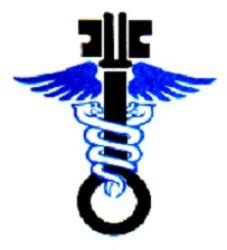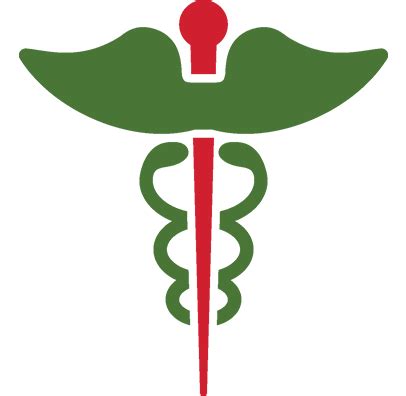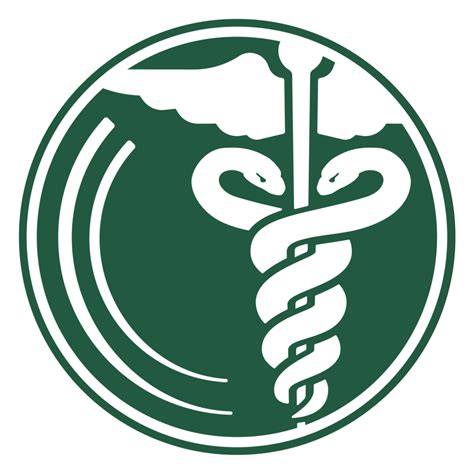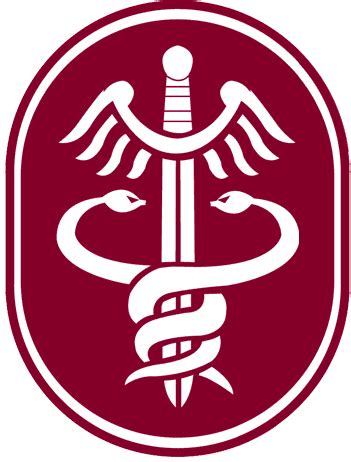For pet lovers looking to combine their passion with a fulfilling career, veterinary medicine offers a range of specialized fields that cater to the unique health needs of animals. From dermatology and cardiology to orthopedics and oncology, each specialization plays a critical role in ensuring pets lead healthy, happy lives. This article explores the top healthcare careers in veterinary medicine, highlighting the importance of each specialty and how advancements in treatments and care strategies are improving the well-being of pets. Whether you’re interested in diagnosing skin conditions, saving lives through heart care, enhancing mobility, or treating cancer, these careers offer the opportunity to make a significant impact on pet
Explore this topic in-depth with dominure.com
1. Why Veterinary Dermatology is Crucial
Veterinary dermatology focuses on diagnosing and treating skin, ear, and nail conditions in pets, playing a vital role in their overall health and comfort. Pets can suffer from a range of dermatological issues, such as allergies, infections, parasites, and autoimmune diseases, which can lead to significant discomfort and impact their quality of life. Veterinary dermatologists are trained to identify these conditions accurately and develop effective treatment plans tailored to each pet’s specific needs.
Allergies are a common issue in pets, causing itching, redness, and hair loss. Veterinary dermatologists can perform allergy testing to determine the specific allergens affecting a pet and recommend appropriate treatments, including hypoallergenic diets, medications, and immunotherapy. Infections, whether bacterial, fungal, or parasitic, can also cause severe discomfort and may require specialized treatments and ongoing management.
Moreover, chronic skin conditions often indicate underlying systemic issues that need to be addressed to ensure long-term health. By specializing in dermatology, veterinarians can improve the quality of life for pets through targeted treatments and preventative care. Their expertise not only alleviates immediate discomfort but also helps prevent future issues, making veterinary dermatology a crucial field in maintaining and enhancing pet health and well-being.

2. How Veterinary Cardiology Saves Lives
Veterinary cardiology is essential for diagnosing and treating heart conditions in pets, which can be life-threatening if not managed properly. Heart disease in animals can manifest in various forms, such as congenital defects, valve disorders, and heart muscle diseases, all of which require specialized care. Veterinary cardiologists have the expertise to perform advanced diagnostic procedures, including echocardiograms, electrocardiograms, and radiographs, to accurately assess a pet’s heart health.
Early detection and intervention are crucial in veterinary cardiology. Symptoms of heart disease, such as coughing, difficulty breathing, and fatigue, can be subtle and often mistaken for other conditions. Veterinary cardiologists can identify these signs early and develop comprehensive treatment plans that may include medications, dietary changes, and in some cases, surgical interventions.
By focusing on heart health, veterinary cardiologists help extend and improve the quality of life for pets. Their specialized knowledge enables them to manage chronic conditions effectively, preventing complications and enhancing overall well-being. Whether it’s treating a young pet with a congenital heart defect or managing heart disease in an older animal, veterinary cardiologists play a vital role in saving lives and ensuring pets live healthier, happier lives.

3. What Orthopedic Specialists Do for Mobility
Orthopedic specialists in veterinary medicine are dedicated to diagnosing and treating musculoskeletal issues in pets, ensuring they maintain mobility and lead active, pain-free lives. These specialists handle a variety of conditions, including fractures, joint disorders, ligament injuries, and congenital deformities. Their expertise in surgical and non-surgical treatments allows them to address complex orthopedic problems effectively.
Fractures and injuries are common in pets, often resulting from accidents or trauma. Veterinary orthopedic specialists are skilled in performing surgeries such as fracture repairs and joint reconstructions, utilizing advanced techniques and technologies to promote healing and restore function. They also manage conditions like hip dysplasia and arthritis, which can severely impact a pet’s quality of life if left untreated.
Preventative care and rehabilitation are also crucial aspects of veterinary orthopedics. Specialists often develop customized rehabilitation plans that include physical therapy, weight management, and exercise routines to strengthen muscles and improve joint function. These measures help prevent future injuries and manage chronic conditions, enhancing a pet’s overall mobility and comfort.
By focusing on the health of bones and joints, veterinary orthopedic specialists play a critical role in maintaining and improving pets’ mobility. Their work not only alleviates pain but also ensures that pets can enjoy an active and fulfilling life.

4. Why Oncology is Vital for Pet Health
Veterinary oncology is crucial in managing and treating cancer in pets, a disease that can be as complex and devastating as it is in humans. With advancements in veterinary medicine, pets diagnosed with cancer now have better prognoses and treatment options. Veterinary oncologists specialize in identifying different types of cancers, such as lymphoma, mast cell tumors, and osteosarcoma, and devising tailored treatment plans to combat these diseases.
Early detection is key in oncology, as it significantly improves the chances of successful treatment. Veterinary oncologists use various diagnostic tools, including biopsies, imaging techniques like CT scans and MRIs, and blood tests to accurately diagnose cancer and determine its stage. Based on the diagnosis, treatment may involve surgery, chemotherapy, radiation therapy, or a combination of these modalities.
In addition to treating the disease, veterinary oncologists focus on maintaining the quality of life for pets undergoing cancer treatment. Pain management, nutritional support, and palliative care are integral parts of the treatment plan, ensuring pets remain comfortable and active. By providing comprehensive care, veterinary oncologists not only aim to extend pets’ lives but also enhance their well-being during and after treatment, making oncology a vital field in pet health.

5. How Specialized Care Improves Overall Well-being
Specialized veterinary care significantly enhances the overall well-being of pets by providing targeted treatments for specific health issues. Specialists in fields such as dermatology, cardiology, orthopedics, and oncology bring advanced knowledge and skills to address complex conditions that general practitioners may not be equipped to handle. This expertise leads to more accurate diagnoses and effective treatment plans tailored to each pet’s unique needs.
By addressing specific health problems, specialized care not only alleviates immediate symptoms but also prevents future complications, contributing to long-term health. For instance, a veterinary dermatologist can manage chronic skin conditions that might otherwise cause ongoing discomfort, while an orthopedic specialist can restore mobility to pets with joint issues, allowing them to lead more active lives.
Ultimately, the focus on specialized care ensures that pets receive the highest standard of medical attention, enhancing their quality of life and ensuring they enjoy healthier, happier lives

Veterinary specialists play a crucial role in ensuring pets receive the best possible care for their unique health needs. From dermatology and cardiology to orthopedics and oncology, these experts provide advanced treatments that enhance pets’ quality of life and longevity. By focusing on specific medical fields, veterinary specialists can diagnose and treat complex conditions more effectively, ensuring pets lead healthier, happier lives. For pet lovers, pursuing a career in these specialized areas of veterinary medicine offers a rewarding opportunity to make a significant impact on animal health.
dominure.com

